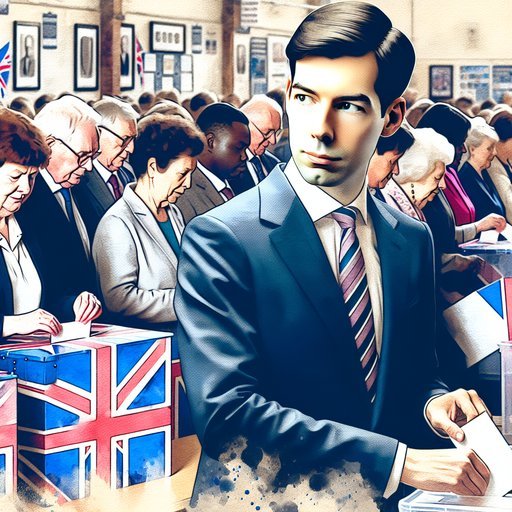
The Labour Party in the United Kingdom marks one year in power amidst burgeoning debate over its immigration policies. The administration, which won the general election last year, has seen a pronounced increase in the arrests of illegal migrant workers. This significant rise—by 51%—has prompted discussions on the effectiveness and humanitarian impact of Labour's approach. With a strong mandate to reform both economic and social policies, the party's actions are setting the stage for potential political shifts in the country.
Since Labour's ascension to power, the increase in arrests for illegal workers underscores their commitment to a more stringent immigration agenda. This policy, aimed at curbing illegal work and securing job opportunities for citizens, has drawn both praise and backlash. Supporters argue that these measures are necessary for protecting domestic job markets and ensuring fair wages, while critics highlight potential risks to human rights and the welfare of migrant families involved. Political analysts suggest that Labour's firm stance could reinforce its reputation as a party questioning open migration policies, traditionally seen as a stronghold for conservative agendas.
The move may realign political dynamics if acceptance grows among centrist voters concerned with job security. However, there is skepticism among liberal factions within the party, who fear this approach might alienate Labour’s traditional base and international partners advocating for more compassionate policies. Across the pond, attention is also turning towards potential Democratic candidates for the 2028 U.S. presidential election.
Speculation is mounting over who might best unite the party as they prepare for future electoral battles [1]. Observers are watching these developments closely, analyzing how shifts in policies might find resonance or resistance in other Western democracies. Such shifts could inform strategies not only in the UK, but also on a broader international scale. Globally, the UK’s handling of immigration policy under Labour could signal a broader trend in response to increasing global migration.
As countries like Bangladesh plan their own elections, with an emphasis on democratic transitions [2], and the Netherlands prepares for a lengthy election campaign [3], Labour’s policies may serve as a reference point. As the debate continues, it becomes critical to monitor not just the immediate outcomes, but long-term effects on societal cohesion and international relations.
Sources
- Who Can Unite the Left? (Americanthinker.com, 2025-06-07)
- Bangladesh to hold general election in April 2026 (DW (English), 2025-06-06)
- Dutch Snap Election Fixed for October 29th (Breitbart News, 2025-06-06)



























